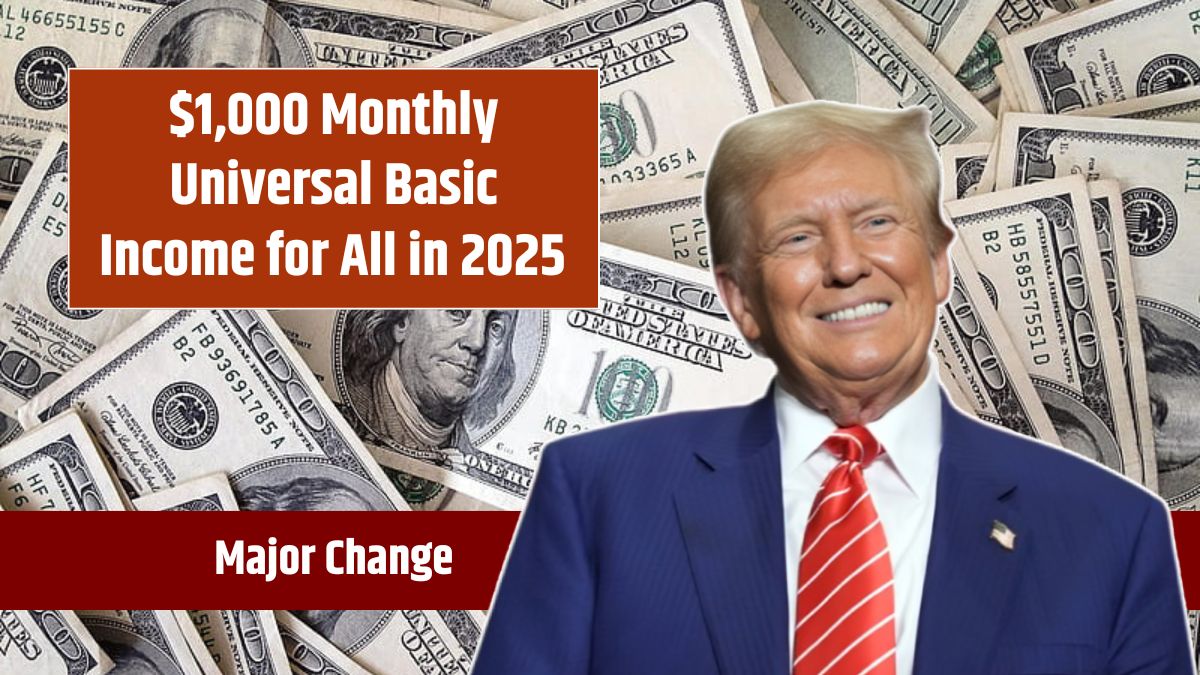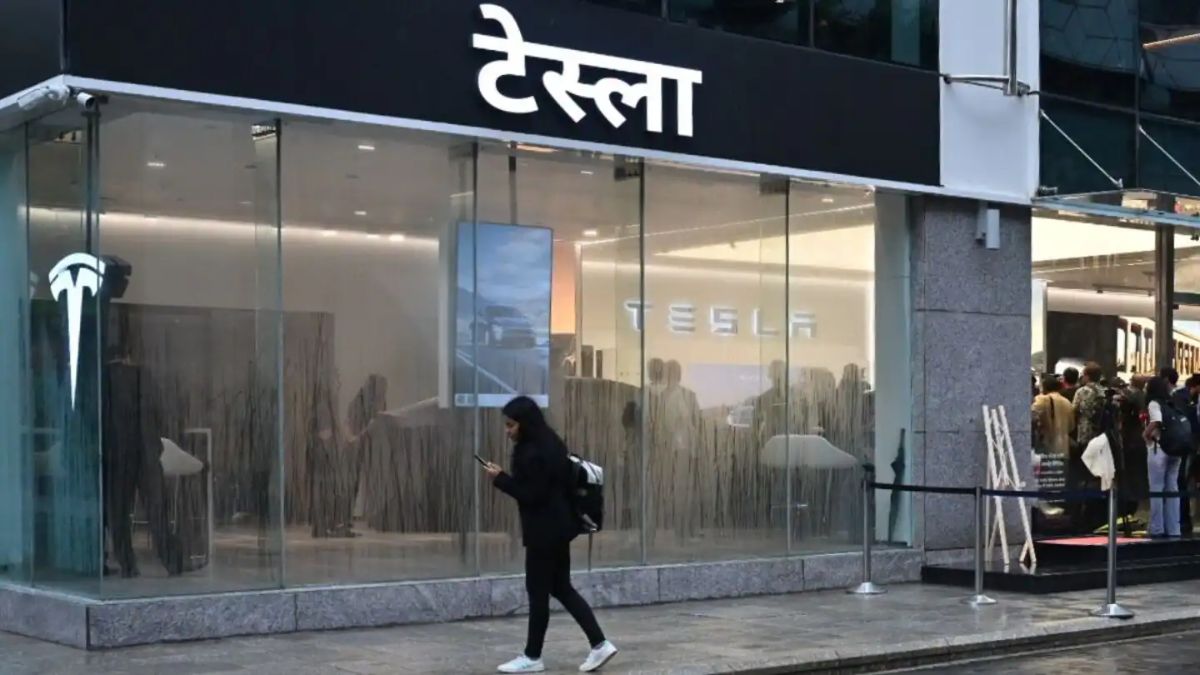Universal Basic Income (UBI) is a concept that proposes providing all citizens with a regular, unconditional monthly payment. The idea is simple: every individual, regardless of their employment status or income level, receives a fixed amount of money to meet their basic needs. One of the most discussed proposals is a $1,000 monthly UBI, which has gained traction as a potential solution to issues like poverty, income inequality, and job displacement caused by automation and technological advances.
UBI
UBI aims to ensure a baseline level of income for all individuals, allowing them to afford essentials like food, shelter, and healthcare. Unlike traditional welfare programs that are often conditional and means-tested, UBI is provided unconditionally, offering financial stability without bureaucracy or stigmatization.
Rationale
The concept of basic income isn’t new. It dates back to the writings of Thomas Paine, an American Revolutionary, who advocated for guaranteed income to prevent poverty and promote equality.
In modern times, notable figures like economists Milton Friedman and Friedrich Hayek, civil rights leader Martin Luther King Jr., and tech innovators like Elon Musk and Andrew Yang have endorsed UBI. The rationale behind UBI is multifaceted: it aims to provide financial security, reduce poverty, and empower people to pursue education, entrepreneurship, and personal growth. Additionally, UBI is seen as a response to the economic challenges posed by automation, which could displace millions of traditional jobs in the coming decades.
Benefits
A guaranteed $1,000 monthly income could significantly reduce poverty levels by providing a safety net for those in financial distress. This financial support would help individuals cover their basic needs and reduce stress related to financial instability.
Welfare Programs
UBI could streamline the welfare system by replacing multiple means-tested programs with a single, unconditional payment. This would reduce administrative costs and make it easier for people to access support.
Entrepreneurship
With financial security, individuals could take more risks, start new businesses, and invest in their skills and education, potentially leading to greater innovation and economic dynamism.
Improved Health
Financial stability is closely linked to better mental and physical health. UBI could reduce stress and anxiety caused by financial insecurity, leading to improved overall health outcomes.
Bargaining Power
A guaranteed income could give workers more leverage to negotiate better wages and working conditions, helping to combat exploitation and unfair labor practices.
Challenges
One of the main criticisms of UBI is its high cost. Providing $1,000 per month to every citizen would require substantial funding. Critics argue this could lead to higher taxes or cuts to essential services. Proponents suggest that costs could be offset by reducing existing welfare programs, taxing the wealthy, or implementing a value-added tax (VAT).
Inflation Concerns
Some economists warn that injecting large sums of money into the economy could trigger inflation, reducing the purchasing power of UBI. However, others believe that if managed carefully, UBI could stimulate demand and drive economic growth without significant inflation.
Potential Work Disincentives
Critics argue that UBI might discourage people from working, reducing labor force participation. While some studies show a slight decrease in working hours, others suggest that UBI could increase productivity and job satisfaction by enabling individuals to pursue meaningful work.
Implementation Challenges
Launching a large-scale UBI program would require meticulous planning and coordination. Challenges include ensuring accurate distribution, integrating UBI with existing systems, and managing the transition from traditional welfare programs.
Case Studies
Several countries and cities have experimented with UBI through pilot programs:
- Finland (2017–2018): Provided 2,000 unemployed individuals with €560 per month. Results showed improved well-being and reduced stress, although employment rates remained largely unchanged.
- Stockton, California (2019–2021): The Stockton Economic Empowerment Demonstration (SEED) gave 125 residents $500 per month. Preliminary findings indicated improved financial stability and better ability to meet basic needs.
The Future of UBI
The proposal of $1,000 monthly UBI is bold and transformative. It offers a potential solution to some of today’s most pressing socio-economic challenges, including poverty and job displacement due to technological advances.
While concerns about funding, inflation, and implementation remain, the potential benefits make UBI an intriguing policy option. As more pilot programs are conducted, the evidence gathered will provide clearer insights into how UBI can be successfully implemented and its overall impact on society.
FAQs
What is Universal Basic Income?
UBI is a regular, unconditional payment to all citizens.
Why $1,000 per month?
This amount aims to cover basic living expenses for all individuals.
Who supports UBI?
UBI is supported by economists, civil rights leaders, and tech innovators.
What are the main benefits of UBI?
UBI reduces poverty, boosts entrepreneurship, and improves well-being.
What are the challenges of UBI?
Cost, potential inflation, and implementation logistics are key challenges.






